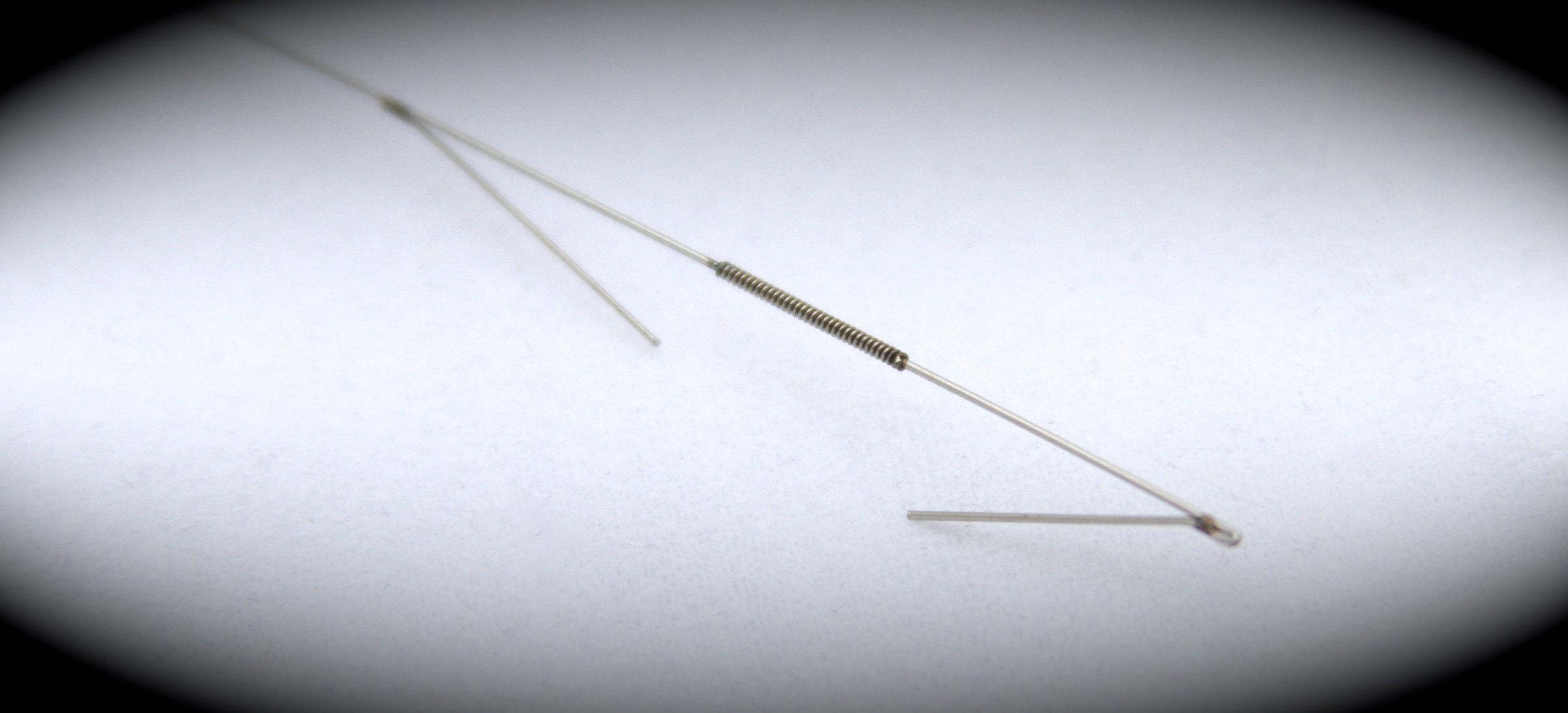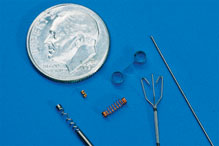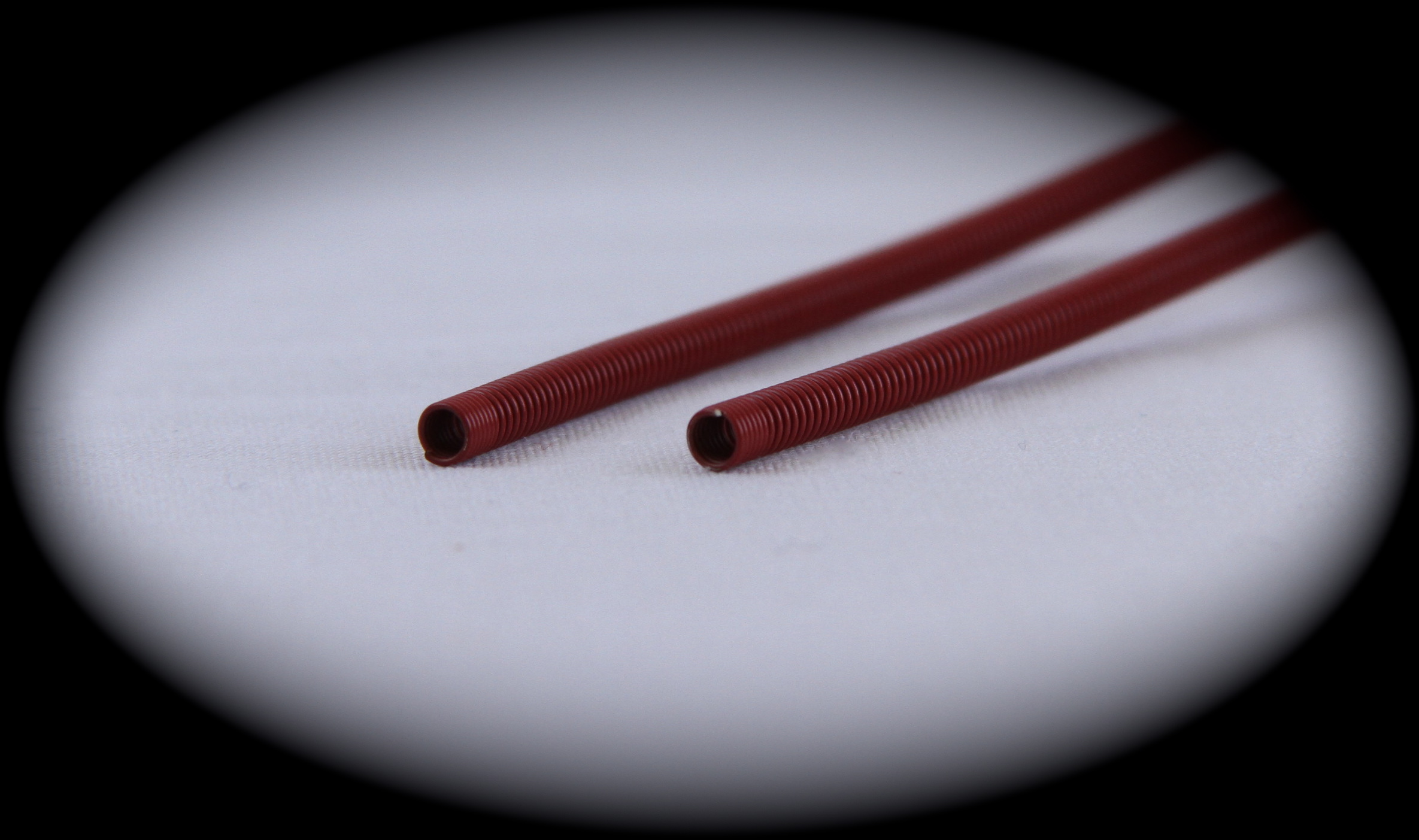(Milwaukee Journal Sentinel, 07/7/2010, Business Section)
Wisconsin products, including wool fabric normally used for paint rollers, could be deployed to mop up oil on the Gulf Coast.
Tuesday, Dan Sinykin, president of Monterey Mills, was headed to Louisiana to meet with British Petroleum officials about using wool as part of the cleanup. The Janesville company is the nation’s largest manufacturer of knit pile fabric and was contacted by BP after posting a YouTube video showing how well its wool absorbed oil from water.
To get BP’s attention, Monterey made two videos that have received tens of thousands of hits on YouTube.
Early tests of wool as a Gulf Coast cleanup product are promising, according to Sinykin. “It has the ability to soak up a lot of oil,” he said, since a linear yard of the fabric can absorb more than four times its weight in oil and water. “They could us this in wetlands, marshes and beaches. It doesn’t get too heavy for those applications,” Sinykin said, adding that wool also could be used for filtering deep water.
BP has encouraged people to submit ideas for cleaning up its spill, which is how Sinykin became involved. Thousands of suggestions have poured in, including using hay, peat moss, human hair, and pillows sewn together to form chains of absorbent material. BP will put Monterey Mills wool through rigorous tests, Sinykin said, while other Wisconsin firms have products in use or under consideration for the cleanup.
Exacto Spring Corp., of Grafton, has made thousands of springs used to connect floating booms that have been deployed to keep oil from washing onto beaches and into sensitive bird nesting areas. Exacto is one of the state’s largest spring-makers. The privately held company makes springs used on hospital surgical tables, in automobiles and in military helicopters, to name a few of the applications.
It produced the oil-boom springs in only a few days because the need was urgent. “I wanted to be sure this was on top of the list of parts we had to make,” said Greg Heitz, company president.
Brady Corp,. of Milwaukee, also has been involved in the cleanup with products from its New Jersey-based SPC Sorbents division. Only weeks after the spill, SPC had shipped more than 500,000 feet of oil booms, thousands of nets that were dropped in the water to soak up oil, 600 bales of absorbent pads, and more than a million feet of other materials. To fill the orders, SPC added a second production shift and hired 50 temporary workers.
Kohler Co. has sent generators and air conditioners to help workers involved in the rehabilitation of birds in at least four Gulf Coast states. Some of its equipment is in use at the For Jackson, La., Oiled Wildlife Rehabilitation Center south of New Orleans. The center has played a key role in the effort to rescue, clean and save hundreds of brown pelicans and other birds exposed to pools of floating crude on the surface of the Gulf of Mexico.
The air conditioner units are being used to cool off people working in metal buildings under rough conditions. “This is industrial strength cooling. People would be passing out in the 95-degree head” if not for the air conditioners, said Gary Davis, a Kohler strategic accounts manager. Kohler generators are being used to power equipment for cleaning and taking care of rescued birds. It takes 300 gallons of water to wash an oil-soaked bird, and the rescue operations are running day and night.
Ariens Co., of Brillion, is on the Gulf Coast with its Gravely tractors that have sand-cleaner attachments. The attachments were used in an oil spill seven years ago off the coast of Spain. Karl’s Even Rental of Oak Creek has deployed several hundred thousand square feet of tent buildings to its Gulf Coast branches. The company helped build temporary tent cities, following Hurricane Katrina, and it can assemble base camps to house 1,000 people.
Super Products of New Berlin is sending Supersucker and Mud Dog vacuum vehicles to clean up oil, with their first stop scheduled for Alabama.
Mercury Marine Inc. of Fond du Lac has sent dozens of 90-horsepower outboard engines to the Gulf Coast with special propellers for use in oil water. Otherwise, Mercury says, regular propellers could fail because oil softens and weakens the rubber hubs.
Most of Wisconsin companies participating in the cleanup aren’t likely to make a fortune off it, although some of the work is lucrative and could last for many months. “We obviously got the attention of BP,” said Sinykin about Monterey Mill’s efforts. “Our entire reason for doing this is out of concern for people of the Gulf Coast.”




